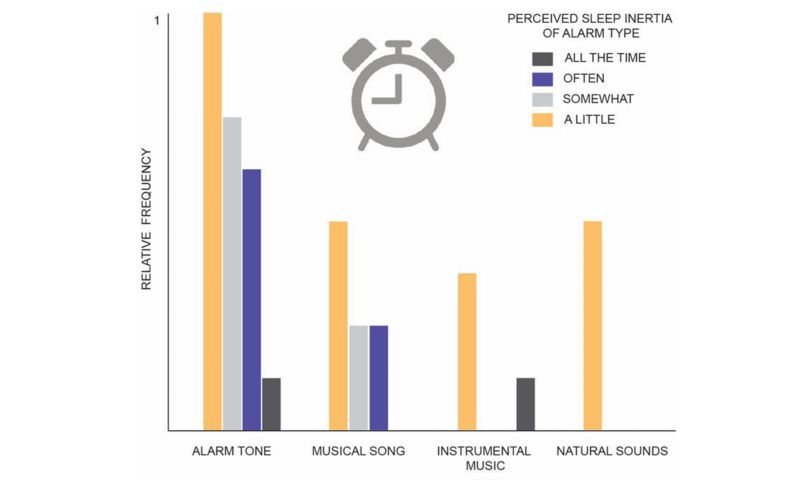Accelerating health workforce skills through a successful pilot program
Following a successful pilot run by RMIT University’s Health Transformation Lab and College of Vocational Education addressing digital skills shortages, the Victorian Government has increased its support with an additional $4.75 million announced to expand Skills Solutions Partnerships – a platform for training providers and industry to collaboratively develop programs addressing emerging skills needs across Victoria.
Gas-sensing capsule takes another big step from lab to commercialisation
An ingestible gas-sensing capsule that provides real-time insights into gut health has moved closer to market with RMIT University transferring IP ownership to medical device company Atmo Biosciences.
Scientists call for targeted fibre diets to boost health
Australian food scientists have reclassified dietary fibres – beyond just soluble and insoluble – to better guide nutritional decisions and drive targeted health food products.
Prosthetic leg donation program changes lives in Southeast Asia
A pioneering rehabilitation program has fitted more than 200 prosthetic legs and delivered 4,600 biomechanical therapy and counselling sessions in partnership with local programs across the region.










